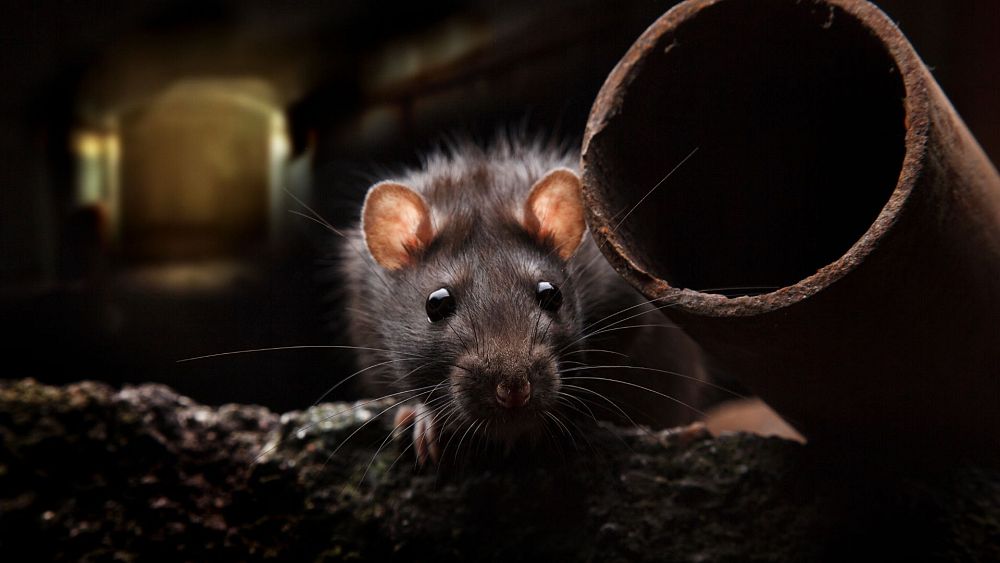
Rats are susceptible to a number of variants of COVID-19, and wild rats have been carrying the disease around the sewer system in New York City, according to a new study.
In a city with an estimated rat population of 8 million, researchers warned that infected wild rats have “ample opportunities” to interact with humans.
The study followed previous research into rats and coronavirus infection, with one in Hong Kong and one in Belgium confirming that rats had been exposed to SARS-CoV-2, the virus that causes COVID-19. These studies didn’t pinpoint, however, which variant the rats had been exposed to.
The study in New York, published in mBio, an open-access journal of the American Society for Microbiology, discovered that rats are susceptible to infection with the Alpha, Delta and Omicron variants.
“To the best of our knowledge, this is one of the first studies to show SARS-CoV-2 variants can cause infections in the wild rat populations in a major US urban area,” said study principal investigator Henry Wan, a professor and director of the Center for Influenza and Emerging Infectious Diseases at the University of Missouri.
The authors warned that more research was needed to find out if new strains of the virus could be evolving within rat populations that could one day pose a risk to humans.
“Our findings highlight the need for further monitoring of SARS-CoV-2 in rat populations for potential secondary zoonotic transmission to humans,” Wan said.
“Overall, our work in this space shows that animals can play a role in pandemics that impact humans, and it’s important that we continue to increase our understanding so we can protect both human and animal health”.
Trapping rats to test them for COVID
The researchers wanted to find out if COVID-19 had passed from humans to the rat population in urban areas of the United States, specifically in New York City.
They explained that in the fall of 2021, US animal and plant health inspectors had sampled Norway rats (Rattus norvegicus) in the city to look for evidence of coronavirus infection.
The rats were trapped in locations near wastewater systems, mostly in Brooklyn parks.
Biologists collected and processed samples from 79 rats for virological studies and genomic sequencing. The researchers found that the rats were exposed to SARS-CoV-2 and showed a possible link to the viruses that were circulating in humans during the early stages of the COVID-19 pandemic.
Specifically, 13 of 79 rats (16.5 per cent) tested positive. Further investigating rat susceptibility to COVID variants, the researchers found that Alpha, Delta and Omicron variants, which are all found in humans, can cause infections in rats.
These infections included high replication levels in the upper and lower respiratory tracts and induction of both innate and adaptive immune responses in wild-type Sprague Dawley rats.
“Our findings highlight the need for further monitoring of SARS-CoV-2 in rat populations to determine if the virus is circulating in the animals and evolving into new strains that could pose a risk to humans,” Wan said.

